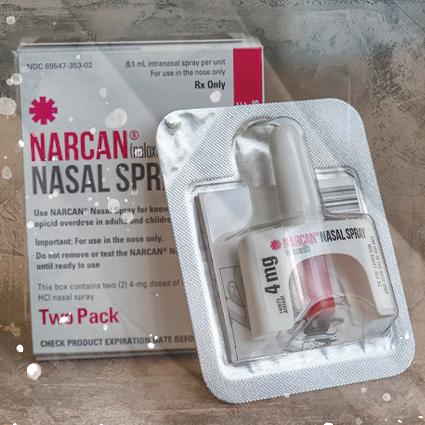What Is Harm Reduction
Harm reduction is a set of practical strategies meant to reduce the risks of drug use. It recognizes that using drugs introduces risk, but there are ways to reduce those risks. It is also a social justice movement that respects the rights of people who use drugs. By focusing on health and safety, harm reduction helps people make more informed decisions. This blog will outline a variety of harm-reduction strategies.
Harm Reduction Strategies
Not Mixing Substances: Mixing things like opioids, alcohol, meth, or other substances can lead to unpredictable and dangerous interactions.
Not Using Alone: When other people are present, they can watch for signs of overdose and call for help if needed. Some health departments and non-profit organizations run safe consumption sites where people can use already obtained substances while being monitored by trained staff. These centers can also be a hub to get people connected to supportive services.
Using Fentanyl Test Strips: Fentanyl is showing up in more drugs than ever. It cannot be detected through sight or smell, and even a tiny amount can be deadly. Fentanyl test strips are small strips of paper that can detect the presence of fentanyl in different kinds of drugs (cocaine, methamphetamine, heroin, etc.) and drug forms (pills, powder, and injectables). The CDPH has a directory of clinics, programs, and organizations where someone may be able to get fentanyl test strips for free.
Knowing the Signs of an Overdose: Being aware of the early signs of an overdose makes it possible to act quickly if something goes wrong. Common symptoms include: difficulty breathing, extreme agitation, loss of consciousness, and blue or gray skin.
If you suspect someone is overdosing, call 911 immediately. California has Good Samaritan


Needle Exchange Programs: Sharing or reusing any tools (needles, straws, bills, etc.) can lead to the spread of infections, including HIV and hepatitis. There are syringe service programs that provide new, sterile equipment and education to people who use drugs. The North American Syringe Exchange Network (NASED) has a nationwide directory of these programs.
How To Get Help
If you or someone you know needs help, you can call SAMHSA’s national helpline at 1-800-622-HELP (4357).
- The helpline is free, private, and available 24 hours a day/7 days a week for individuals and families experiencing mental health or substance use challenges.
- They can provide referrals and information on local resources, facilities, support groups, and community-based organizations.
- You will not be asked or required to give any personal information.
You can also visit their website at Samhsa.Gov, or send your zip code via text message to 435748 (HELP4U) to find help near you.
For more information on available resources, check out our Get Help Page.
